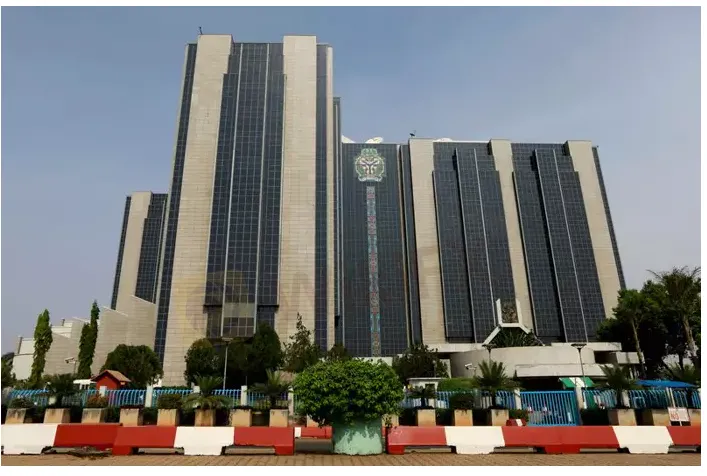简体中文
繁體中文
English
Pусский
日本語
ภาษาไทย
Tiếng Việt
Bahasa Indonesia
Español
हिन्दी
Filippiiniläinen
Français
Deutsch
Português
Türkçe
한국어
العربية
Nigeria’s markets regulator publishes rules on crypto assets
Abstract: Nigeria’s markets regulator has published a set of regulations for digital assets, signalling Africa’s most populous country is trying to find a middle ground between an outright ban on crypto assets and their unregulated use.

Nigerias central bank last year banned banks and financial institutions from dealing in or facilitating transactions in digital currencies.
But the countrys young, tech-savvy population has eagerly adopted cryptocurrencies, for example using peer-to-peer trading offered by crypto exchanges to avoid the financial sector ban.
Nigerias Securities and Exchange Commission (SEC) published the “New Rules on Issuance, Offering Platforms and Custody of Digital Assets” on its website.
The 54-page document lays out registration requirements for digital assets offerings and custodians, and classifies the assets as securities regulated by the SEC.
A central bank spokesperson did not answer calls to his mobile phone.
The SEC said no digital assets exchange would be allowed to facilitate trading of assets unless it had received a “no objection” ruling from the commission.
A digital assets exchange will be required to pay 30 million naira ($72,289) as a registration fee, among other fees.
In October, Nigeria launched a digital currency, the eNaira, in the hope of expanding access to banking. Official digital currencies, unlike cryptocurrencies such as bitcoin, are backed and controlled by the central bank.

Disclaimer:
The views in this article only represent the author's personal views, and do not constitute investment advice on this platform. This platform does not guarantee the accuracy, completeness and timeliness of the information in the article, and will not be liable for any loss caused by the use of or reliance on the information in the article.
Read more

What the Movie Margin Call Taught Traders About Risk and Timing
The 2011 film Margin Call offers a gripping portrayal of the early hours of the 2008 financial crisis, set within a Wall Street investment firm. While the film is a fictionalised account, its lessons resonate strongly with traders and finance professionals. For one trader, watching the film had a lasting impact, shaping how they approached risk, decision-making, and the harsh realities of the financial world.

Why More Traders Are Turning to Proprietary Firms for Success
Over the past decade, one particular avenue has gained significant popularity: proprietary trading, or prop trading. As more traders seek to maximize their earning potential while managing risk, many are turning to proprietary firms for the resources, capital, and opportunities they offer. In this article, we’ll explore why an increasing number of traders are choosing proprietary trading firms as their preferred platform for success.

Day Trading Guide: Key Considerations
How does day trading balance freedom and precision in fast-moving markets? Learn key strategies to navigate risks and seize intraday opportunities effectively.

What Determines Currency Prices?
The price of currency directly impacts investor returns. Understanding the underlying causes of currency fluctuations can help investors make more informed decisions in the foreign exchange market.
WikiFX Broker
Latest News
Crypto.com Delists USDT and 9 Tokens to Comply with MiCA Regulations
AI Fraud Awareness Campaign: "We're Not All F**ked"
How to Use Financial News for Forex Trading?
Fake ‘cyber fraud online complaint’ website Exposed!
Day Trading Guide: Key Considerations
GMO-Z com Securities Thailand to Cease Operations in 2025
Oil Prices at $90 to $100 Could Push Philippines Inflation Beyond Target
Do More Liquid Currencies Yield Higher Profits?
Trump Media Expands into Crypto with $250M Truth.Fi Investment
NAGA Launches CryptoX: Zero Fees, 24/7 Crypto Trading
Currency Calculator






